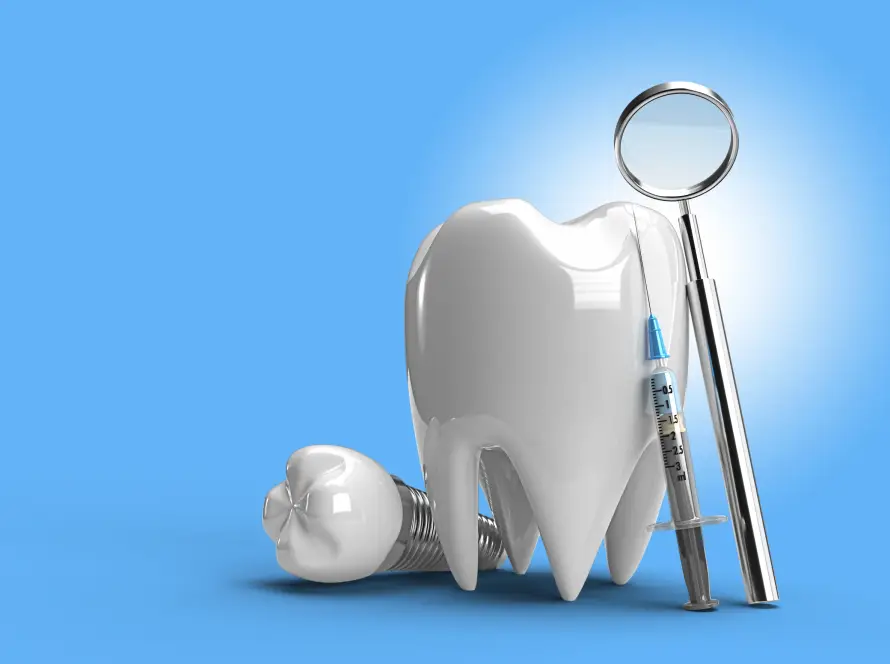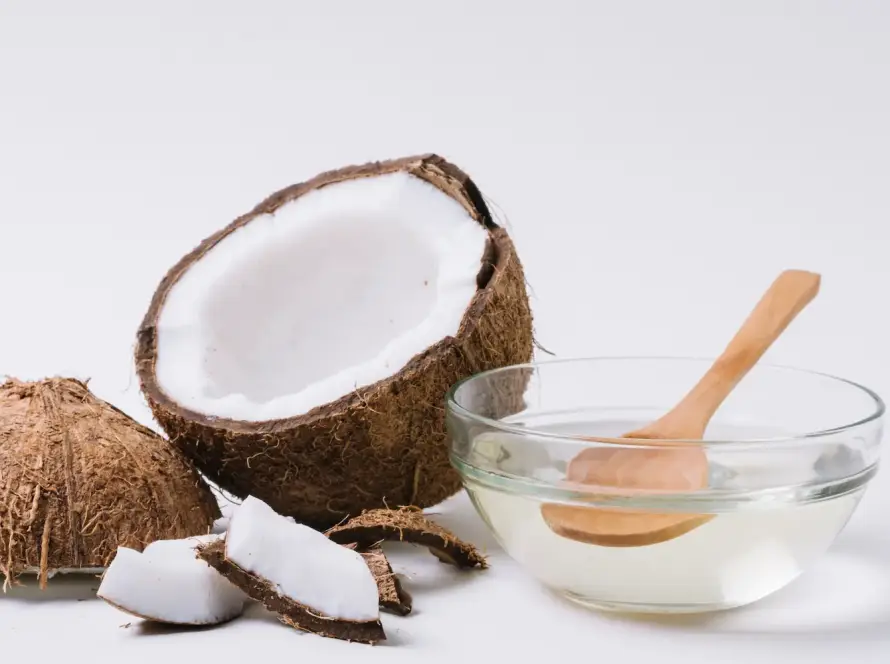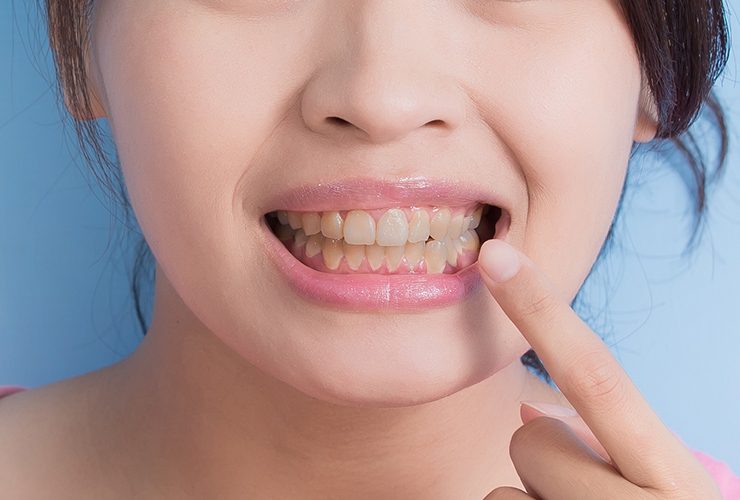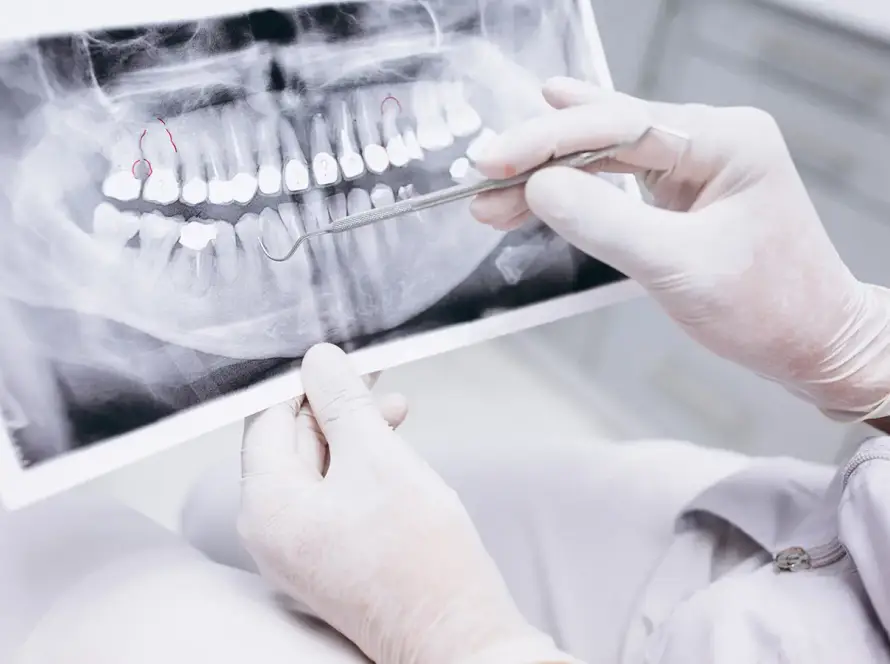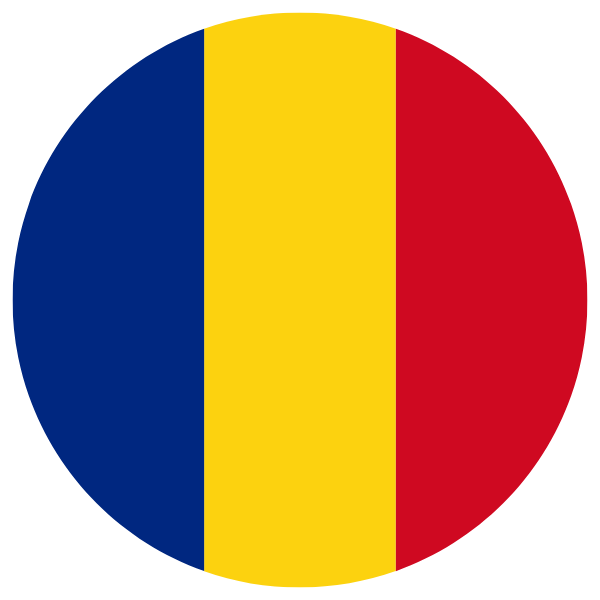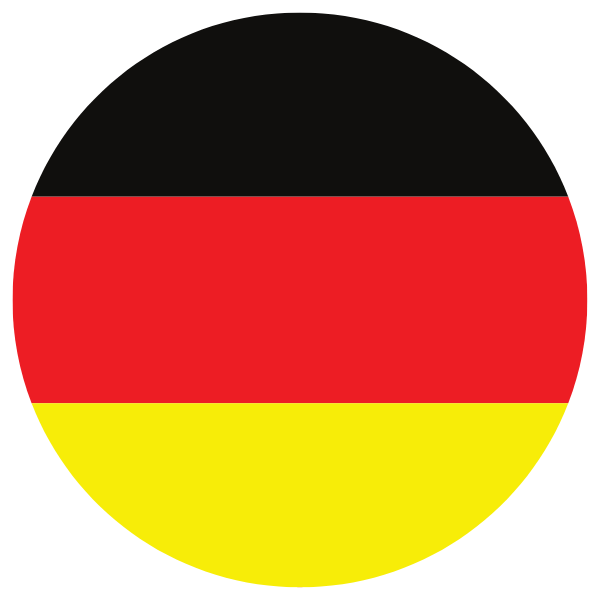Dairy products, such as milk, cheese, and yogurt, are commonly consumed for their nutrient content and taste. However, after a tooth extraction, it is important to be cautious about consuming dairy. While dairy products can provide important nutrients for healing, there are several reasons why it is best to avoid dairy during the initial stages of recovery. This section will discuss the top five reasons why it is advisable to steer clear of dairy after a tooth extraction procedure.
Why You Shouldn’t Consume Dairy After Tooth Extraction?
- Delayed Healing Process: Consuming dairy products after a tooth extraction can hinder the healing process. Dairy contains a high amount of lactose, which can promote the growth of bacteria in the mouth. This can lead to infections or complications, delaying the healing of the extraction site.
- Increased Discomfort: Dairy products, particularly those that are cold or frozen, can cause sensitivity and discomfort in the extraction area. The cold temperature can irritate the exposed nerves and blood vessels, causing pain and discomfort.
- Risk of Dry Socket: Consuming dairy products can increase the risk of developing a dry socket. A dry socket is a condition that occurs when the blood clot that forms in the extraction site dislodges or dissolves prematurely. Dairy products can dislodge the blood clot, hinder the formation of a new clot, and increase the likelihood of developing a dry socket.
- Potential Inflammation: Dairy products contain proteins called caseins, which are known to have inflammatory properties. Consumption of dairy after a tooth extraction can lead to increased inflammation in the surrounding tissues, leading to pain and prolonged healing.
- Interference with Medications: After a tooth extraction, your dentist may prescribe medications such as painkillers or antibiotics to aid in the healing process. Consuming dairy products, particularly those containing calcium, can interfere with the absorption of these medications, reducing their effectiveness.
It is essential to follow your dentist’s post extraction guidelines and avoid consuming dairy products until you have fully healed. Opt for soft, non acidic foods and drinks that won’t disrupt the healing process or cause discomfort.
Can I Drink Milk After Tooth Extraction?
After tooth extraction, it is generally not recommended to consume milk for various reasons. Here are the top 5 reasons to avoid dairy after tooth extraction:
- Potential Discomfort: Consuming milk, especially cold milk, can cause discomfort and sensitivity in the area where the tooth was extracted. The cold temperature can irritate the exposed nerves and tissues, leading to increased pain and discomfort.
- Risk of Infection: Milk contains lactose, a type of sugar that can promote the growth of bacteria. After tooth extraction, the extraction site is vulnerable to infection. Consuming milk can introduce bacteria into the open wound, increasing the risk of developing an infection.
- Increased Chance of Dry Socket: Dry socket, also known as alveolar osteitis, is a painful condition that can occur after tooth extraction. It happens when the blood clot that forms in the socket is dislodged or dissolves, exposing the underlying nerves and bone. Dairy products, including milk, can potentially dislodge the blood clot and increase the likelihood of developing a dry socket.
- Potential Interference with Healing: Milk and dairy products contain proteins, such as casein, that require more effort for digestion. The body diverts resources to break down these proteins, which can slow down the healing process. It is crucial to allow the extraction site to heal efficiently, and consuming milk might hinder this process.
- Risk of Abscess Formation: An abscess is a collection of pus that can form after a dental procedure due to a bacterial infection. The lactose present in milk can provide a favorable environment for bacteria to multiply, potentially increasing the risk of abscess formation at the extraction site.
It is essential to follow your dentist’s post extraction instructions, which may include avoiding dairy products like milk for a certain period. Opting for alternative options such as water, warm soups, or non dairy smoothies can provide necessary nutrition without interfering with the healing process. Always consult your dentist before making any dietary changes post tooth extraction.
What Are The Types of Food That Should Not Be Eaten?
After tooth extraction, certain types of food should be avoided to promote proper healing and minimize the risk of complications. Here are some types of food that should not be eaten:
- Hard and crunchy foods: Hard and crunchy foods can cause irritation or damage to the extraction site and may dislodge the blood clot. Avoid eating things like nuts, chips, popcorn, and raw vegetables.
- Spicy and acidic foods: Spicy and acidic foods can cause discomfort and irritation to the sensitive area of the extraction site. It is best to avoid foods such as hot peppers, citrus fruits, vinegar based dressings, and tomato based products.
- Sticky and chewy foods: Sticky and chewy foods can get stuck in the extraction site, leading to infection or delayed healing. Stay away from foods like caramel, gum, taffy, and chewy candies.
- Carbonated and alcoholic beverages: Carbonated drinks can create pressure in the mouth and disturb the healing process. Alcoholic beverages can interfere with blood clotting and may delay healing. It is recommended to avoid these types of drinks during the recovery period.
- Hot and spicy liquids: Hot and spicy liquids can cause pain and discomfort to the extraction site. It is advisable to avoid consuming hot soups, hot teas, and spicy broths.
Remember, following these dietary restrictions can contribute to a faster and smoother recovery process after tooth extraction. It is important to consult with your dentist or oral surgeon for specific guidelines tailored to your individual needs.
What Foods Can I Consume?
After a tooth extraction, it is essential to choose soft and easy to chew foods to promote healing and prevent any discomfort. Here are some suitable food options to consider:
- Soft fruits: Opt for fruits like bananas, avocados, melons, and mashed berries. These fruits are easy to chew and provide essential nutrients to aid in the healing process.
- Cooked vegetables: Steamed or boiled vegetables such as carrots, broccoli, and sweet potatoes are excellent choices. Ensure they are cooked until they are soft enough to be easily mashed or chewed.
- Soups and broths: Warm soups and broths are not only soothing but also provide nourishment. Opt for clear or pureed soups to avoid any chunks that may disturb the healing area.
- Yogurt and pudding: Soft, creamy foods like yogurt and pudding are gentle on the mouth and provide a good source of protein. Choose sugar free or low sugar options to prevent any impact on oral health.
- Protein smoothies: Blend protein powder with fruits, milk substitutes, or yogurt to create a nutritious smoothie. This can provide the necessary nutrients while being easy to consume.
Remember to avoid foods that are spicy, crunchy, or require excessive chewing. Proper nutrition is crucial during this healing phase, so be sure to consult with your dentist or oral surgeon if you have any specific dietary concerns.
Things to be Considered After Tooth Extraction
After undergoing a tooth extraction procedure, it is crucial to take certain precautions to ensure proper healing and minimize the risk of complications. Here are some important things to keep in mind:
- Rest and Limit Physical Activity: It is advised to take it easy for a couple of days after the extraction. Avoid any strenuous activities that may increase blood flow to the extraction site and cause bleeding.
- Control Bleeding: Some bleeding is normal after tooth extraction. To control bleeding, place a clean gauze pad over the extraction site and bite down gently for about 30 minutes. Avoid spitting or rinsing vigorously, as it can dislodge the blood clot and prolong bleeding.
- Manage Pain and Swelling: After the extraction, it is common to experience pain and swelling. Over the counter pain medications, as recommended by your dentist or oral surgeon, can help relieve discomfort. Applying an ice pack on the outside of the affected area can also help reduce swelling.
- Follow Proper Oral Hygiene: Maintaining good oral hygiene is crucial for proper healing. However, be gentle when brushing and flossing around the extraction site to avoid irritating the area. Your dentist may recommend an antimicrobial mouthwash to keep the area clean.
- Avoid Smoking and Tobacco Products: Smoking delays healing and can increase the risk of infection and dry socket. It is advised to refrain from smoking or using any tobacco products for at least 72 hours after the extraction.
- Follow a Soft Diet: For the first few days after the extraction, stick to a soft food diet to prevent any damage or irritation to the extraction site. Avoid hot and spicy foods, as they can cause discomfort.
- Attend Follow up Appointments: It is important to attend any follow up appointments scheduled by your dentist or oral surgeon. They will monitor the healing process and ensure there are no complications.
Remember to consult your dentist if you experience severe pain, excessive bleeding, or any other concerning symptoms after tooth extraction. They will be able to provide appropriate guidance and ensure a smooth recovery process.

